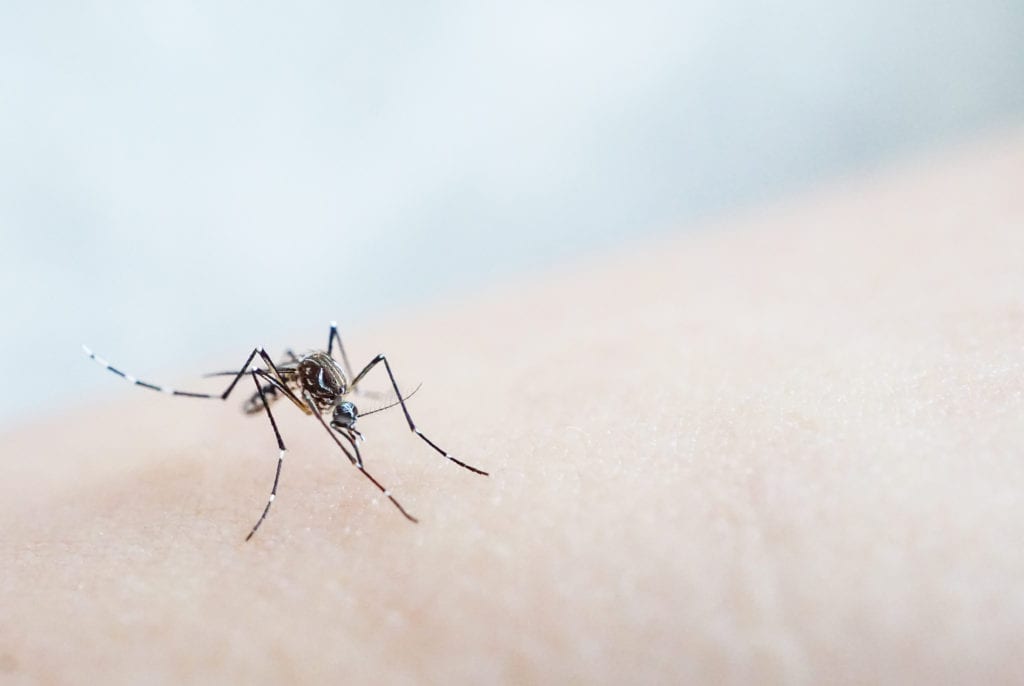A New Mosquito-Borne Virus
A New Mosquito-Borne Virus
A Medical Mystery
In the midst of the 2016 Zika outbreak, a 16-year-old Floridan boy was admitted to an urgent care facility complaining of a fever and sporting a large rash. Doctors immediately tested the patient for Zika, but when the test came back negative, they ran a follow-up investigation searching for any similar infections. Each of these subsequent tests also came back negative, so the question was: ‘what on Earth could this teenager have?’ “It literally took a year and a half of sort of dogged laboratory work to figure out what this virus was,” explained Dr. Glenn Morris of the Emerging Pathogens Institute at the University of Florida. The “eureka moment” came when the scientists discovered that the infection was caused by the Keystone virus, which is a virus never before seen in humans.

They Keystone Virus
Named for the area in Florida where it was initially discovered, the Keystone virus has been known to affect many animals, including racoons, deer, squirrels, mice, and other woodland creatures. While the boy’s case was the first confirmed infection from this mosquito-borne disease, there have been a few curious instances that pointed to the possibility of human transmission in the past. In fact, in 1972 records in the Tampa Bay area stated that roughly one out of every five locals tested positive for Keystone virus antibodies. The Keystone virus is classified under the California-serogroup viruses known to cause encephalitis (inflammation of the brain). While no serious cases have been reported since the 2016 discovery, there is a risk that the virus could potentially cause significant brain infections or brain damage.

So, What’s the Good News?
The good news is, it’s unlikely that the Keystone virus will be much of a threat to humans. Following the revelation of the 2016 case, studies have been conducted tracking past data that strongly suggests that the virus has actually been infecting humans, and been primarily asymptomatic, for a few decades. “Although the virus has never previously been confirmed in humans, the infection may actually be fairly common in North Florida. It’s one of these instances where if you don’t know to look for something, you don’t find it,” Dr. Morris explains. Regardless, it is always wise to air on the side of caution and continue to take steps to prevent mosquito bites. Besides, even if the Keystone virus isn’t something to be too concerned about, mosquitos unfortunately carry a whole host of other, truly destructive diseases.

Citations
Katz, B. (2018) Mosquito-Borne Keystone Virus Has Been Found in Humans for the First Time, The Smithsonian Magazine. The Smithsonian Institution. Available at: https://www.smithsonianmag.com/smart-news/mosquito-borne-keystone-virus-has-been-found-humans-first-time-180969442/ (Accessed: August 2020).
Request a Free Quote Today
(We do not share your data with anybody, and only use it for its intended purpose)


